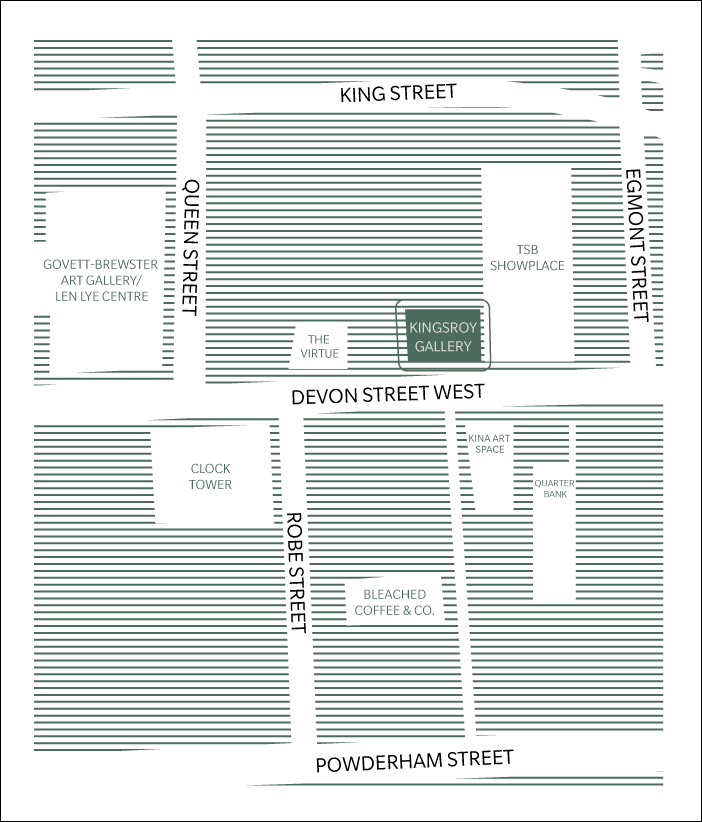The 'Tales from the Māoriland' anthology began in 2007 when Bruce returned to Taranaki and began to paint, keeping his painted narrative under wraps and very much to himself and family until last year's show.
Now, we get to share in another chapter of the story, Series 2, with nine more works that are again provocative, engaging, and promising to challenge and excite. Our previous showing of Jackson's paintings was so well supported, and we anticipate this prequel will be no different.
As a US deserter from the British Army, living uneasily alongside Māori in the late 1860s, Bent becomes a figure who exists at times in both the Māori and Pākeha world but remains estranged from both.
It is this estrangement that fuels Jackson's work, within a landscape portrayed as enchanted and indifferent. In the early 1900s, author James Cowan reimagined Bent as the subject of an epic caper for Pākehā audiences in The Adventures of Kimble Bent. In Not so epic now! he remains a character fraught with complexity and contradiction.
In this complexity comes the figuration of Bent as an old man, captured by history as a man out of time through his only known photograph. Bent lies in an unmarked grave in the South Island.
Tales from the Māoriland (2007 – current) is an Anthology series of paintings that reimagine the history of the colonial past in Aotearoa in various ways. The social intricacies of the land wars in the 1860s are a particularly crucial aspect of the work. The paintings speculate on documented relations between the Colonial government and allied Māori on one side and Māori and Māori-allied settlers on the other.
Over the past decade, this (sometimes undocumented) period of history has become for me a unique artistic opportunity to reimagine pre-settled land. Through predominantly large-scale paintings, the interweaving of histories, pictures and stories from this period, as told by both local Iwi and Pakeha, becomes rewritten.
The namesake of this Anthology, ‘Māoriland’, was a term used by Pakeha in the Colonial period as an advertorial slogan. ‘Māoriland’ misrepresented Aotearoa as a place of racial harmony where both Pakeha and Māori lived at ease under a Colonial benevolent government; however, the paintings in this Anthology signal otherwise.
The unifying theme of this Anthology is the enchanted natural landscape of Aotearoa, a landscape that has an accompanying mythos and practice that is alien to pakeha colonisers. Pakeha settlers, on the other hand, act as a violent introduction to enlightenment thought and action. It is the interaction between these historical modes that interests me as a visual artist. Māori and the primordial bush of Aotearoa enchant the icons and ideas of Pakeha, even as Pakeha exert their slow profanation of the wild.
This theme of enchantment is explored through non-realist pictorial practices as found in early settler art and the figurative art within the painted Marae of the prophetic Maori faiths.







